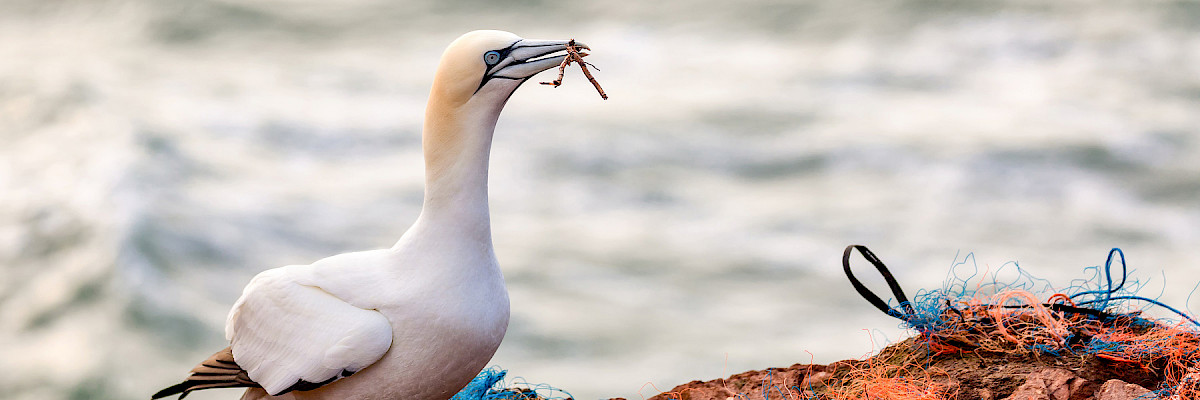
Desktop Study on Marine Litter
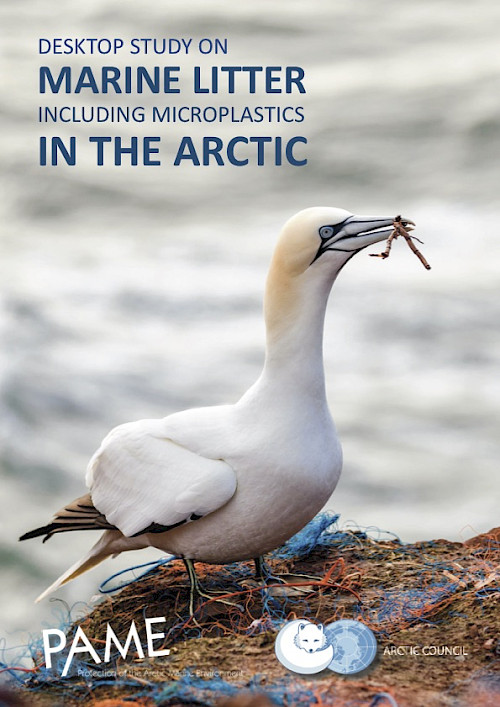 PAME conducted the “Desktop Study on Marine Litter, including Microplastics in the Arctic”as part of the first phase of a Marine Litter Project included in the 2017-2019 Work Plan. The Study contains five sections:
PAME conducted the “Desktop Study on Marine Litter, including Microplastics in the Arctic”as part of the first phase of a Marine Litter Project included in the 2017-2019 Work Plan. The Study contains five sections:
- Rationale, Objectives and Geographic Scope
- Applicable Governance Frameworks;
- Literature Review;
- Knowledge Gaps; and
- Main Findings and Next Steps
The development of the Desktop Study was driven by the need to better understand the state of knowledge of marine litter in the Arctic. The objectives of the Desktop Study was to:
- evaluate the scope of marine litter in the Arctic and its effects on the Arctic marine environment;
- enhance knowledge and awareness of marine litter in the Arctic;
- enhance cooperation by the eight Arctic States to reduce negative impacts of marine litter on the Arctic marine environment; and
- contribute to the prevention and/or reduction of marine litter pollution in the Arctic and its impact on marine organisms, habitats, public health and safety, and to reduce the socioeconomic costs litter causes.
The Desktop Study improves our understanding of the status and impacts of marine litter, including microplastics, in the Arctic region. This kind of compilation has not previously been done for the entire Arctic region and is by no means comprehensive.
Section II contains a brief review of the governance frameworks applicable to combatting marine litter, including not only Arctic Council efforts, but also other international and regional instruments designed explicitly either to tackle marine litter or address pollution more broadly.
The core of the report, Section III, is a literature review that considers the sources, drivers, and pathways of marine litter, including microplastics, entering the marine environment, information on current knowledge of its distribution, how it interacts with and impacts marine biota, and efforts underway to monitor marine litter. In Section IV, the Study identifies a number of knowledge gaps before summarizing main findings and possible next steps in Section V.
The Desktop Study identifies potential next steps to further examine and address marine litter, including microplastics, in the Arctic Ocean and inform future work under the Arctic Council as summarized in Section V. "There is a need for more comprehensive knowledge on Arctic-specific marine litter, including microplastics, sources, pathways, and distribution, as well as effects on the Arctic marine environment. Developing a Regional Action Plan (RAP) on marine litter in the Arctic is timely, recognizing that the RAP can be modified over time based on the state of knowledge. Developing a monitoring program as part of, or in parallel to, the development of a RAP is particularly valuable to establish a baseline of marine litter, understand changes in distribution and composition, and inform decision-making."
DESKTOP STUDY GRAPHICS
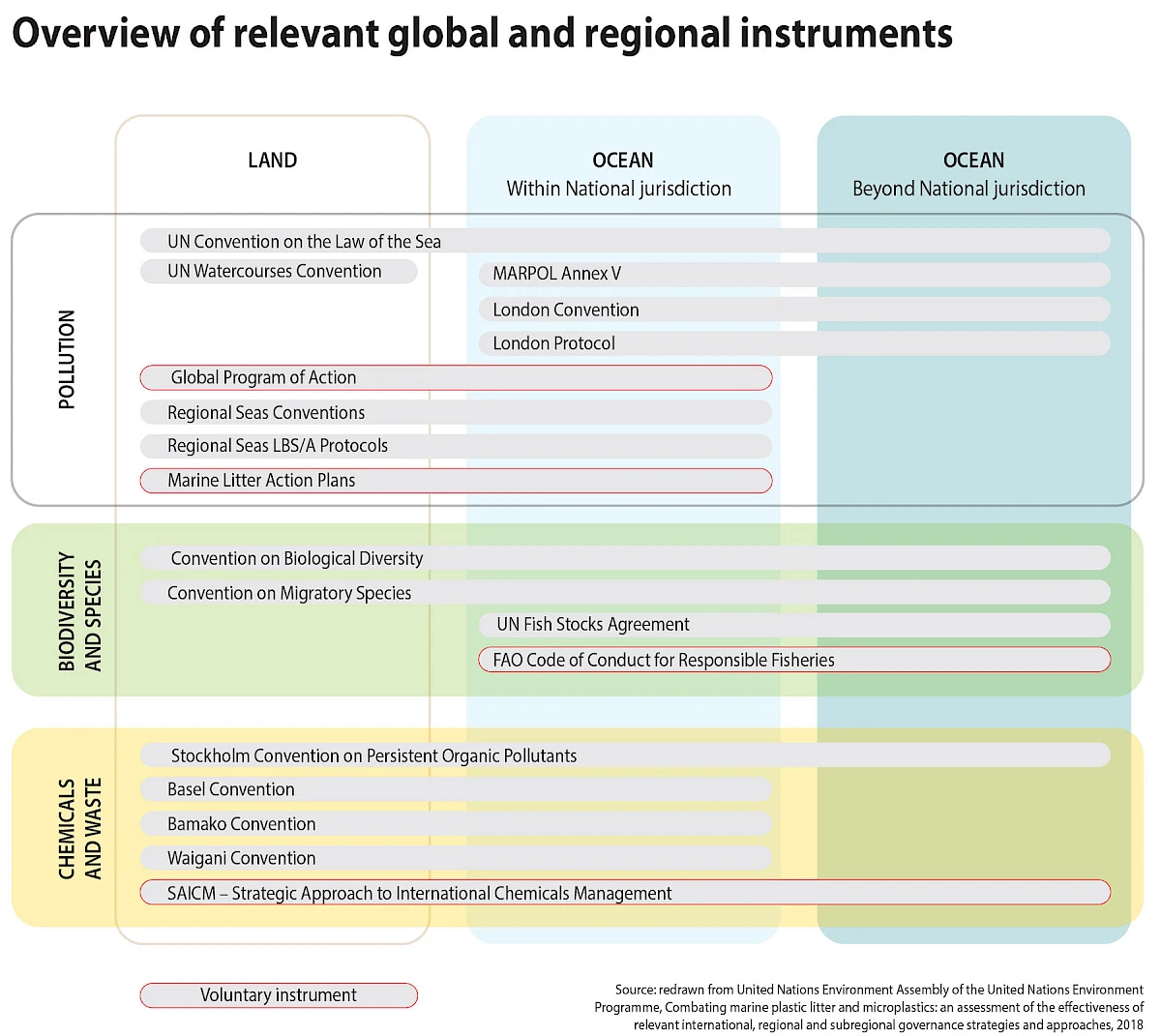
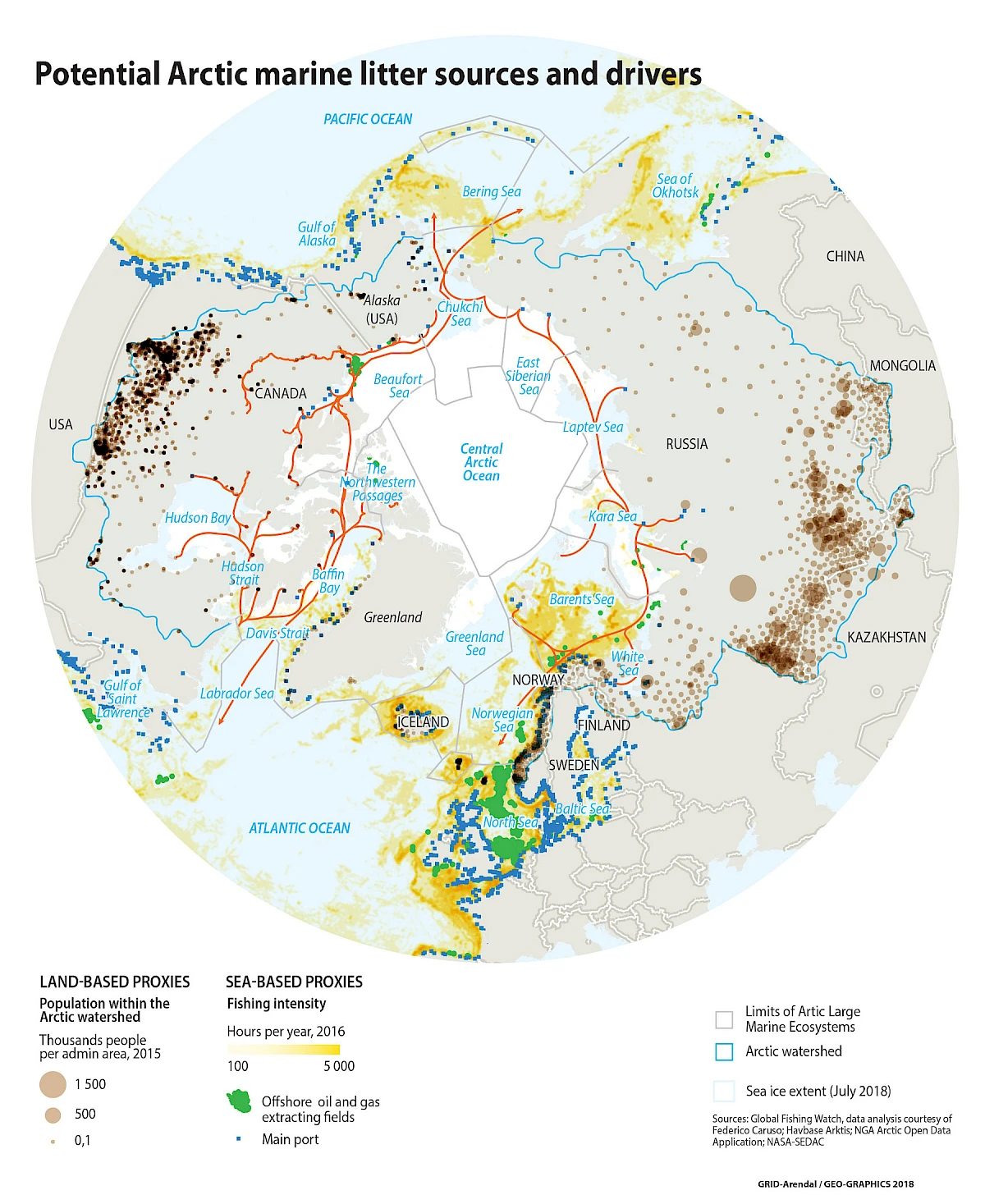
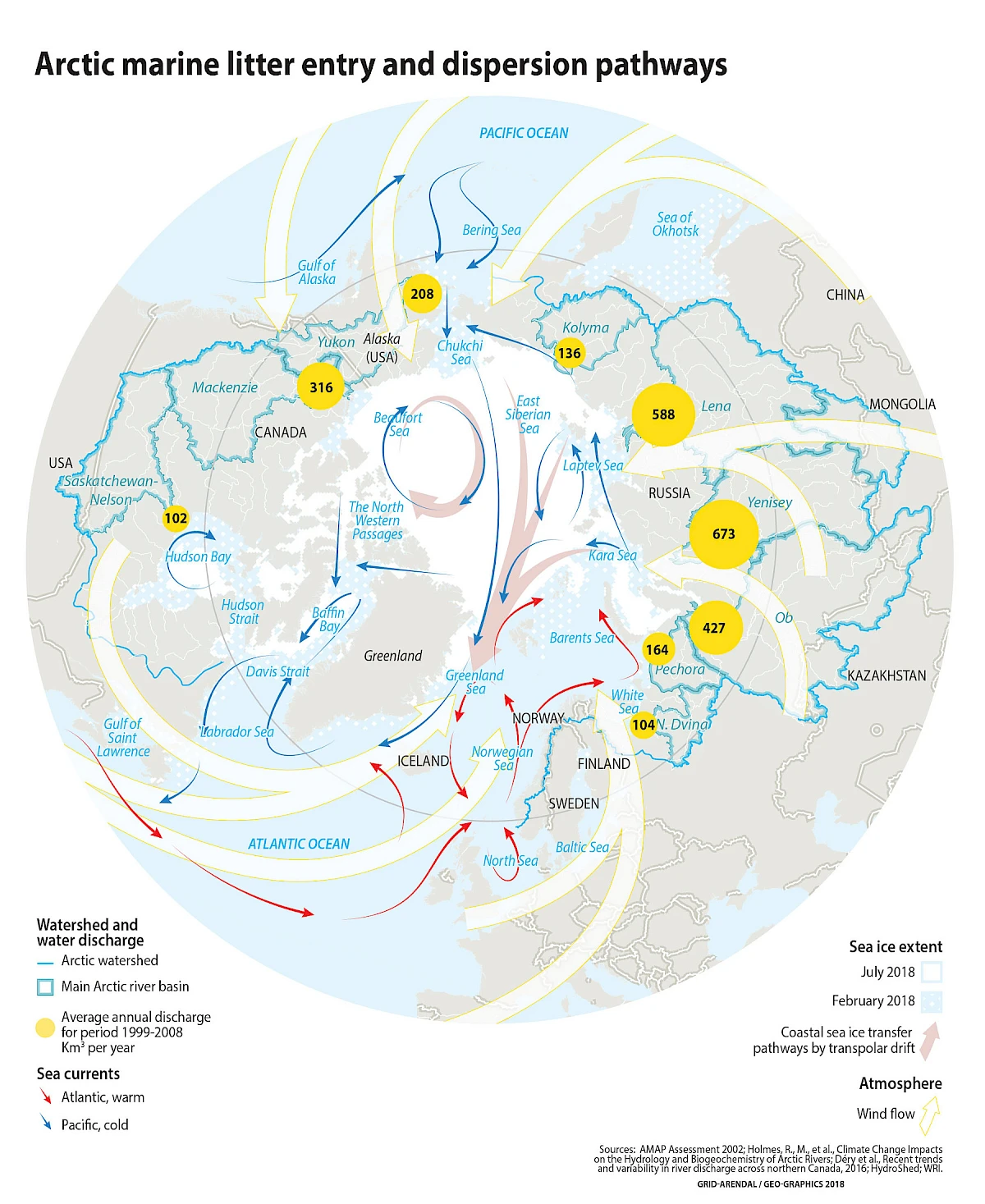
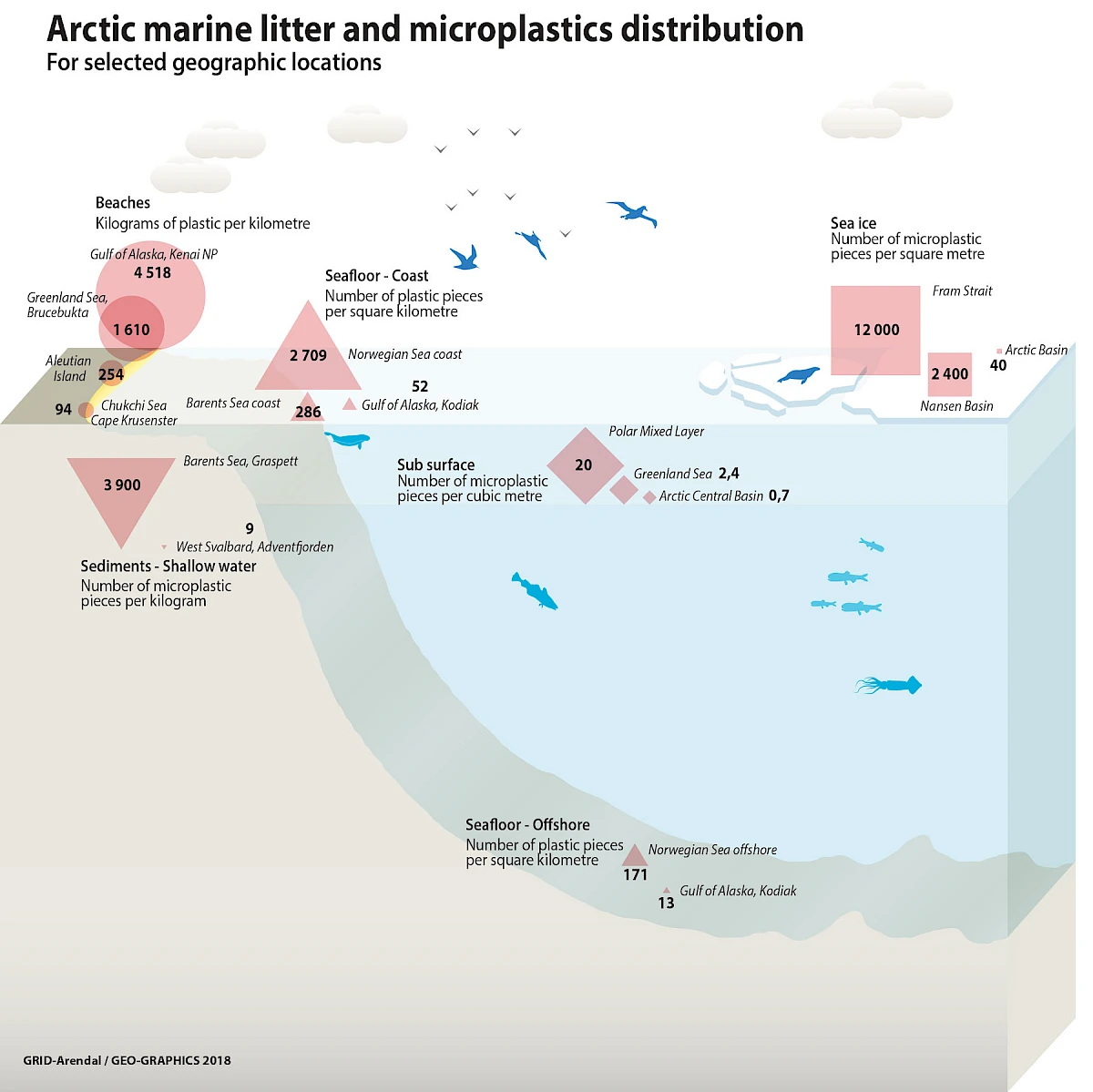
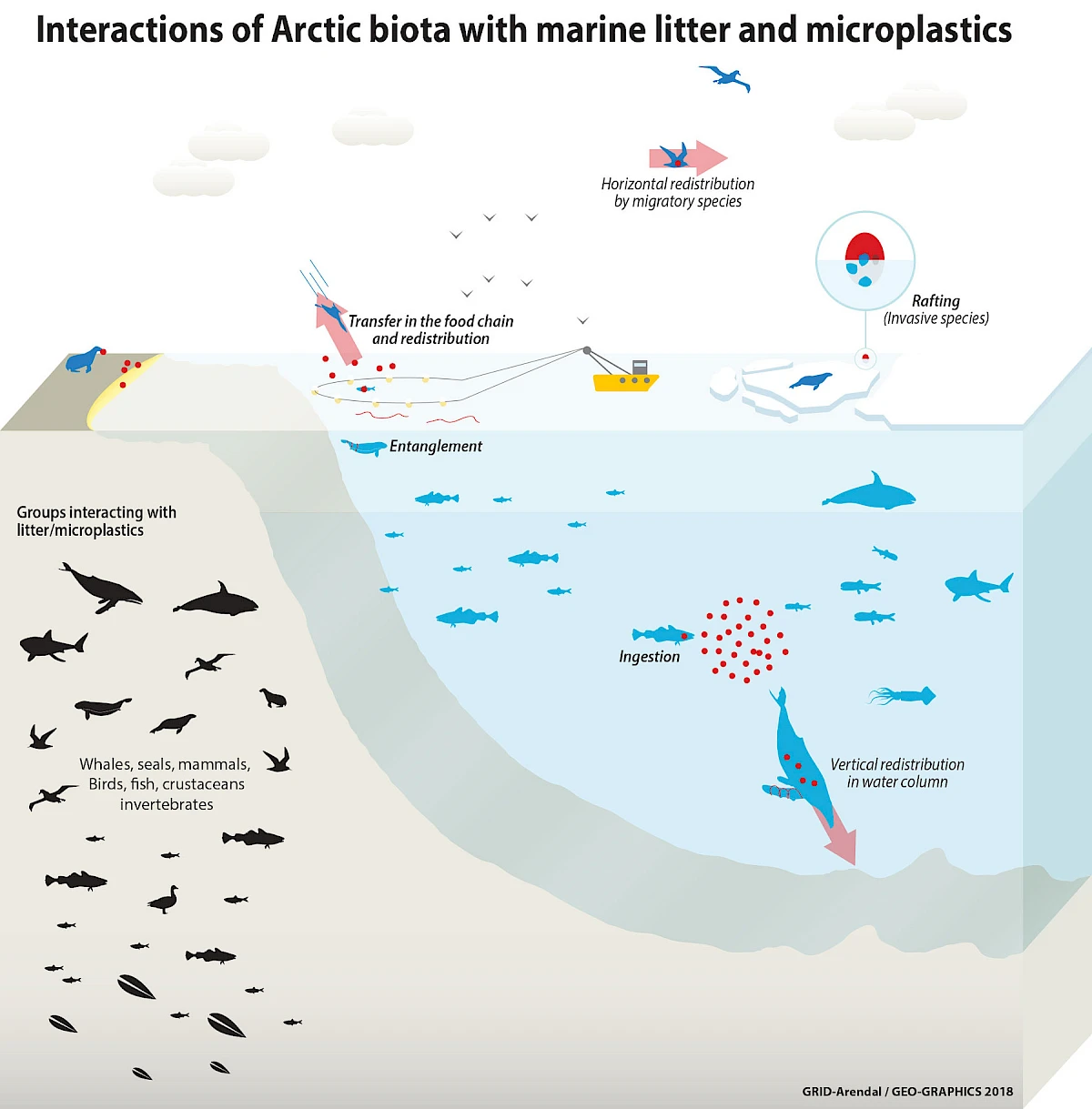
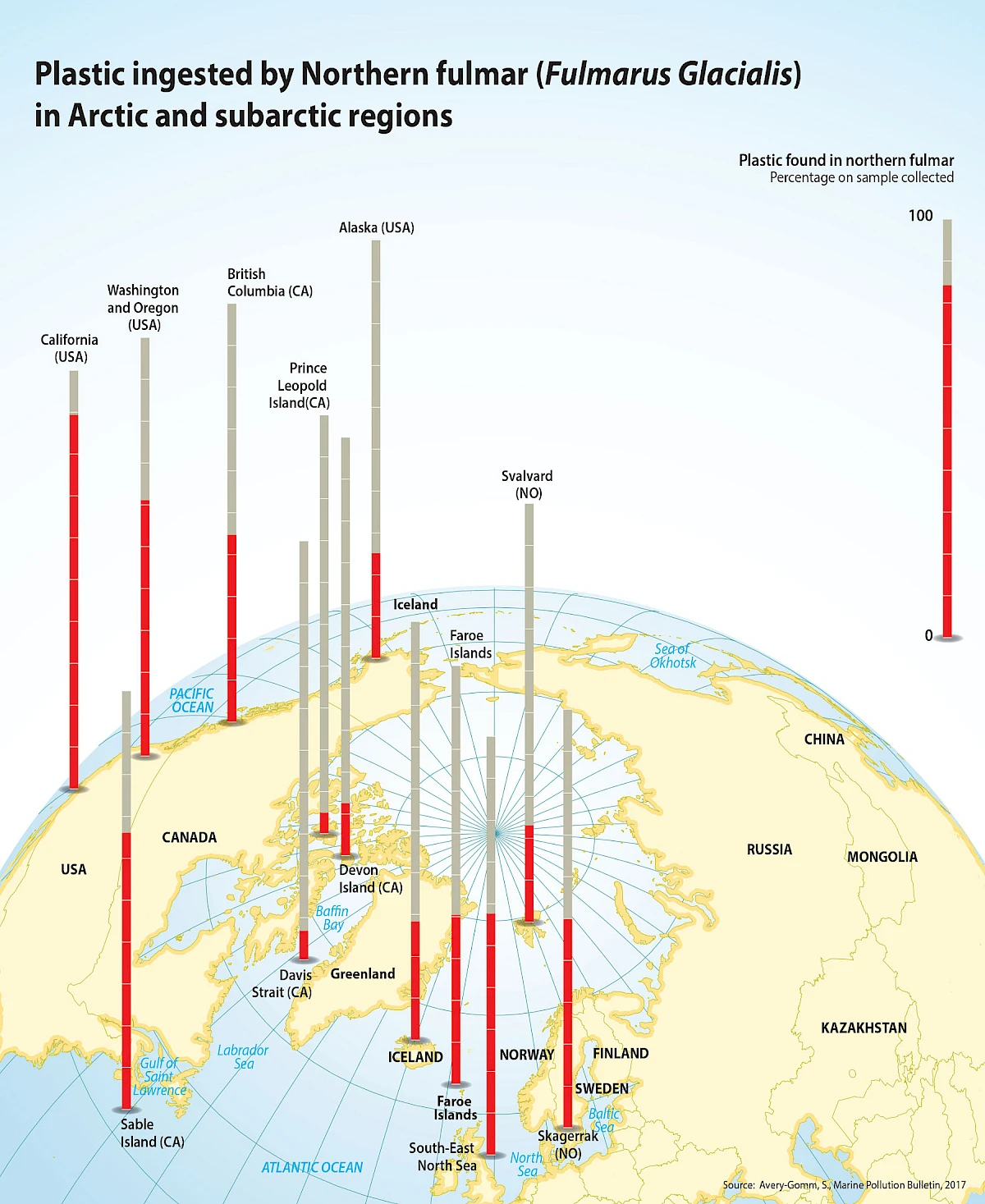
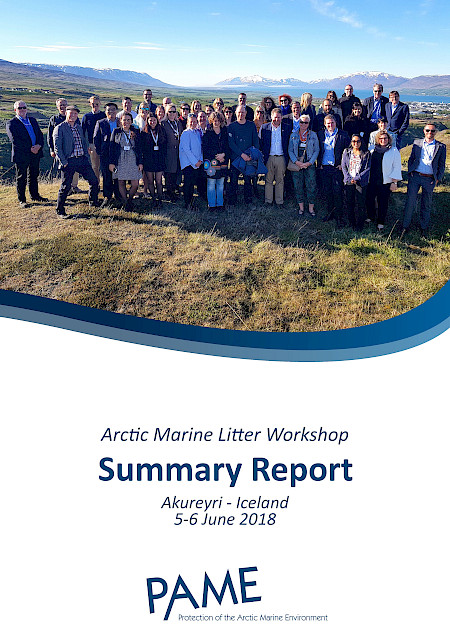 Arctic Marine Litter Workshop (June 2018) - Akureyri, Iceland
Arctic Marine Litter Workshop (June 2018) - Akureyri, Iceland
The Arctic Marine Litter Workshop was hosted by PAME, the Ministry of Natural Resources and Environment and the Municipality of Akureyri.
The goal was to facilitate inputs to the development of PAME’s Desktop Study on Marine Litter including Microplastics in the Arctic, taking into account new developments and information as relevant.
Workshop summary:
Summary report
Workshop agenda:
Final agenda
Participants:
List of participants
Workshop documents:
- Marine Litter Desktop Study 1st draft 11 May 2018 (clean version)
- Section III - Tables
- Arctic Marine Litter Project Plan
Background documents:
- Marine Litter Desktop Study 1st draft 11 May 2018 (track changes version)
- Response to written comments from Kingdom of Denmark, Norway, Italy, AIA and China
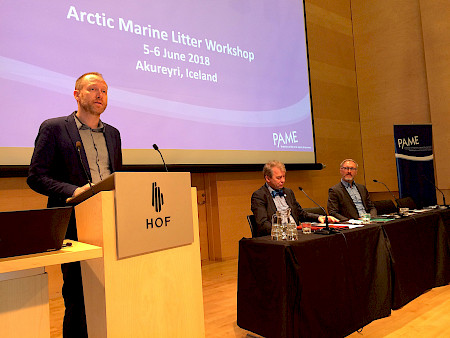 Presentations:
Presentations:
Session I: Opening
- Co-leads presentation (Iceland, Norway, Sweden, AIA, OSPAR)
Session II: Main Legislative Frameworks
- Demian Schane (NOAA)
- Heidi Savelli (UNEP)
Session III: Marine Litter Literature
- Joan Fabres (Grid-Arendal)
- Geir Gabrielsen (Norwegian Polar Institute)
- Sarah Da Silva (Environment and Climate Change Canada)
- Demian Schane (on behalf of Whit Sheard (CCU)
- Wouter-Jan Strietman (Wageningen Economic Research)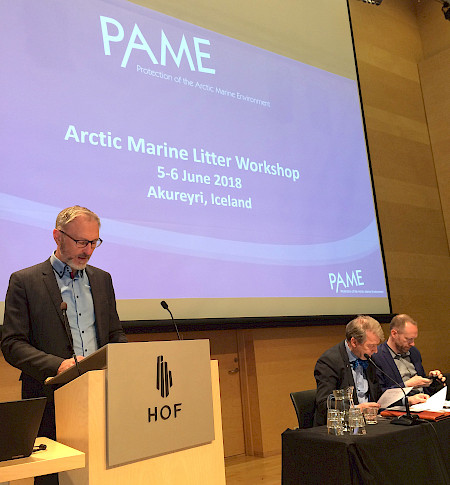 - Jessica Veldstra (AIA)
- Jessica Veldstra (AIA)
- Maria Granberg (Swedish Environmental Research Institute)
- Peter Murphy (NOAA Marine Debris Program)
- Nicole Kanayurak (ICC)
- Melanie Bergmann (Alfred Wegener Institute)
- Hrönn Ólína Jörundsdóttir (MATÍS)
- Heidi Savelli (UNEP)
- Charlotte Mogensen (OSPAR)
- Bård Aarbakke (Clean Nordic Oceans)
- Sarah Auffret (AECO)
- Lu Zhibo (Tongji University)
PAME gratefully acknowledges the support from the Nordic Council of Ministers to its Marine litter work.
 Arctic Council Working Group
Arctic Council Working Group